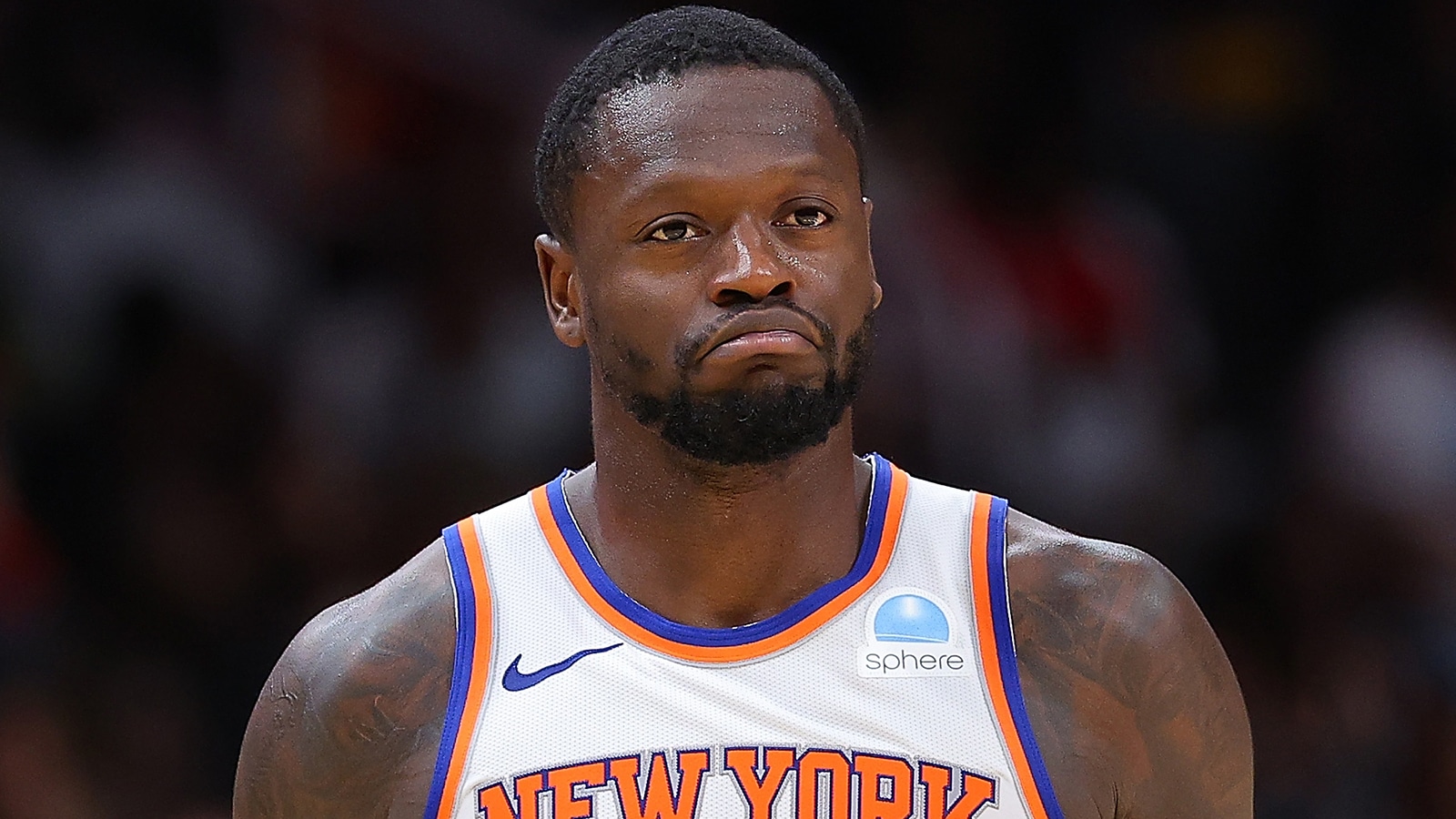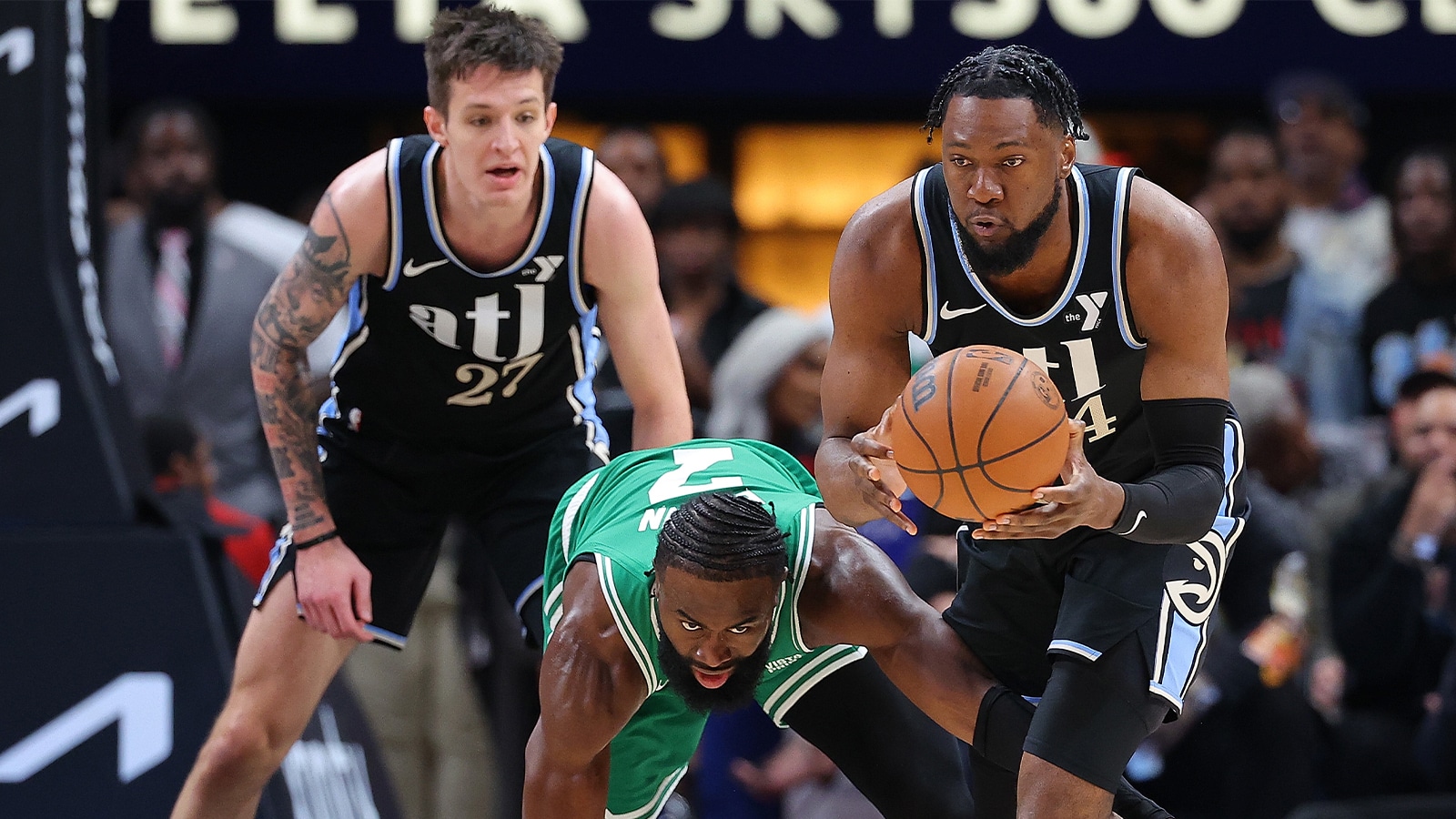
Should Kemba Walker’s Latest Knee Injury be a Major Concern for the Boston Celtics?
Boston Celtics guard Kemba Walker has not played in a basketball game since the NBA All-Star Game because of a balky knee injury. He’s missed the team’s last five games, and although Boston has managed to go 3-2 in those games, the injury has to be of significant concern to the team.
Kemba Walker was Boston’s big free-agent signing
The Celtics inked the former Charlotte Hornets point guard to a four-year maximum contract worth $141 million this offseason to help run the show, along with young stars Jaylen Brown and Jayson Tatum. Boston was looking to replace Kyrie Irving who initially announced he was going to re-sign with the Celtics, only to take to free agency and sign with the Brooklyn Nets. Kemba’s contract was the largest given in Celtics’ history.
Leading up to the injury, Walker has been just what the Celtics were looking for as the veteran guard has averaged 21.8 points per game on a team loaded with scorers. He has averaged five assists per contest.
Kemba Walker has shown durability in his career
In his last four seasons with the Hornets, Walker had been the rock of the team by playing in all but six of his team’s 328 games. With the lowly Hornets, Walker had to be the team’s playmaker and its go-to guy. During his eight seasons in Charlotte, Walker put up nearly 20 points per game (19.8) and played in 34.1 minutes per game.
Walker has been an NBA All-Star starter the last two seasons (he has three overall appearances), one with Charlotte and this season with Boston. Walker played in February’s game but hasn’t returned to the court since, giving Celtics fans a slight case of deja vu.
In 2018, Kyrie Irving missed all of Boston’s games after March 11 and eventually needed surgery on his left knee. The Celtics were without their point guard for the remainder of the regular season and postseason.
Have Walker’s minutes finally caught up to him?
Playing better than 34 minutes per game, while missing just six games in four years certainly may have caused a lot of wear and tear on that knee.
So far, it has not been determined Walker needs surgery to fix his ailing knee, but the history with his left knee isn’t good. In May of 2017, Walker underwent arthroscopic knee surgery on that same knee.
That procedure was the third surgery on his left knee in three years.
In January of 2015, Walker had surgery reportedly for a meniscus tear. In May of 2016, he has the first of his back-to-back arthroscopic surgeries.
Kemba Walker injected with Synvisc
According to an article written by Jessica Flynn, M.D. in Boston Sports Journal last week, Walker recently had his knee drained and injected with Synvisc.
Synvisc, according to verywellhealth.com, is a viscous fluid derived from a substance known as hyaluronan (sodium hyaluronate). Hyaluronan is produced naturally in the body to helps lubricate the joints. The form found in Synvisc is made from gelatinous substances derived from chicken combs. Synvisc is used in a form of therapy known as viscosupplementation in which the substance is injected into joint spaces to help increase lubrication.
Synvisc is used to treat osteoarthritis in the knee, and while Synvisc can correlate with knee replacements, Flynn wrote, “the fact that Kemba had a Synvisc injection does not mean that he needs a knee replacement today, tomorrow, or next year. While we sometimes do use Synvisc to treat advanced arthritis pain in patients who are delaying joint replacement surgery, the medication is thought to be most beneficial for knees with minimal to moderate arthritis.”
So, while Walker’s injury is of concern, there is some hope a little load management, a phrase so commonly used in the NBA today, could help the Celtics point guard gut it out during his time in Boston.



